Prepare for the European Accessibility Act: Stay Ahead of the 2025 Deadline
Our experts provide a structured roadmap to meet accessibility standards, prioritize, and implement enhancements for your website, app, e-commerce or digital services.

New Year Special Offer!
Get a 10% discount on the Accessibility Improvement Contract!
Don’t wait — make your digital platforms compliant with the European Accessibility Act.
Offer valid for inquiries made before January 1st, 2024.
Contact us today and start the new year with inclusive and compliant solutions!

Is your website or app all set to go?
The European Accessibility Act comes into force on 28 June 2025. This regulation ensures that all people, including those with disabilities, can navigate, understand, and engage with online services.
Ensure your Digital Products meet the standards
The EAA standards apply to both the public and private sectors, focusing on tech, transportation, and finance. Failure to comply could result in penalties or even restrict access to the European market.
Not sure where to start? Learn about our Website Audit Service — a comprehensive assessment to identify gaps.
We help to reduce legal and business risks
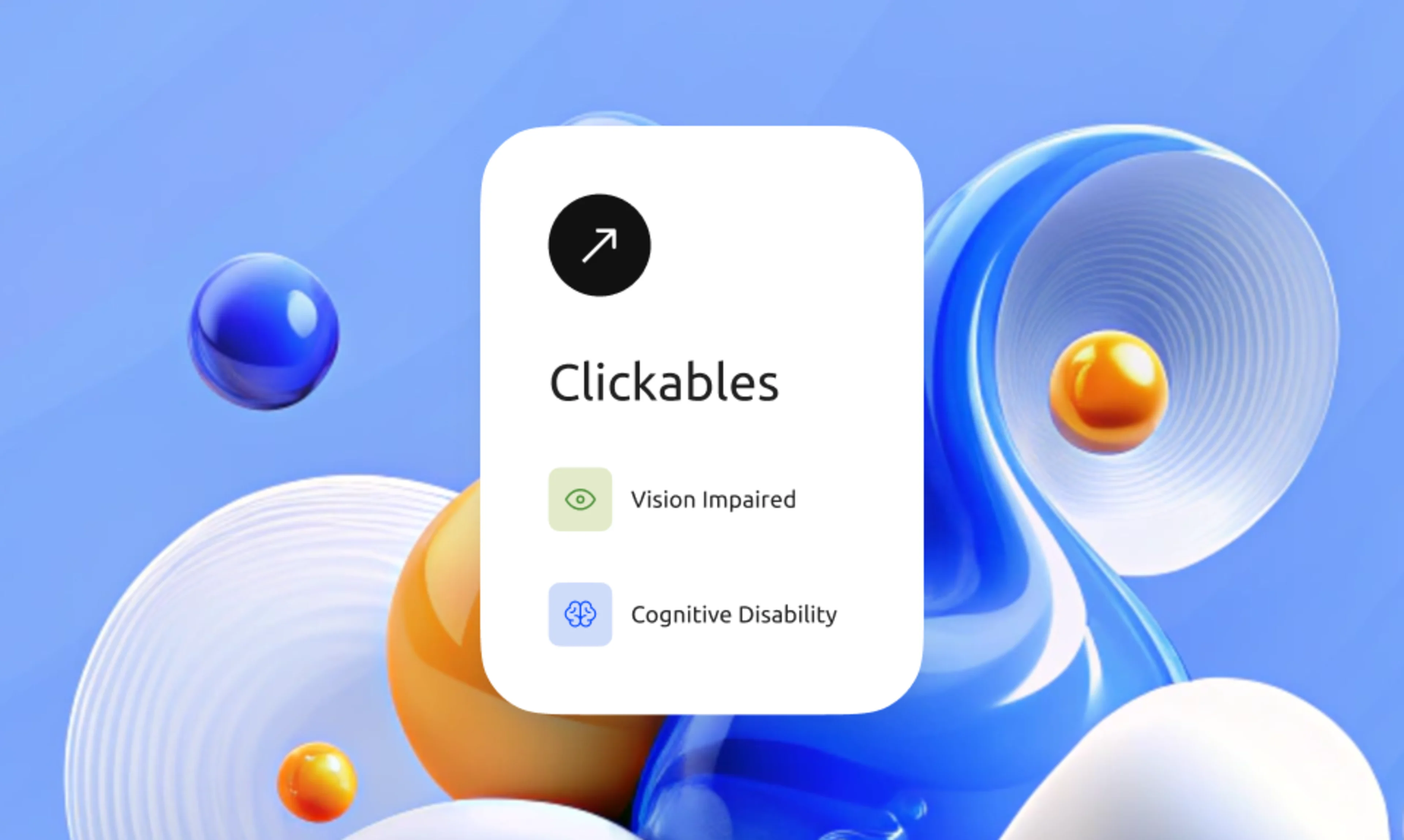
Accessibility Guidelines
Evaluate, prioritize, and organize the findings with our Accessibility Guidelines.
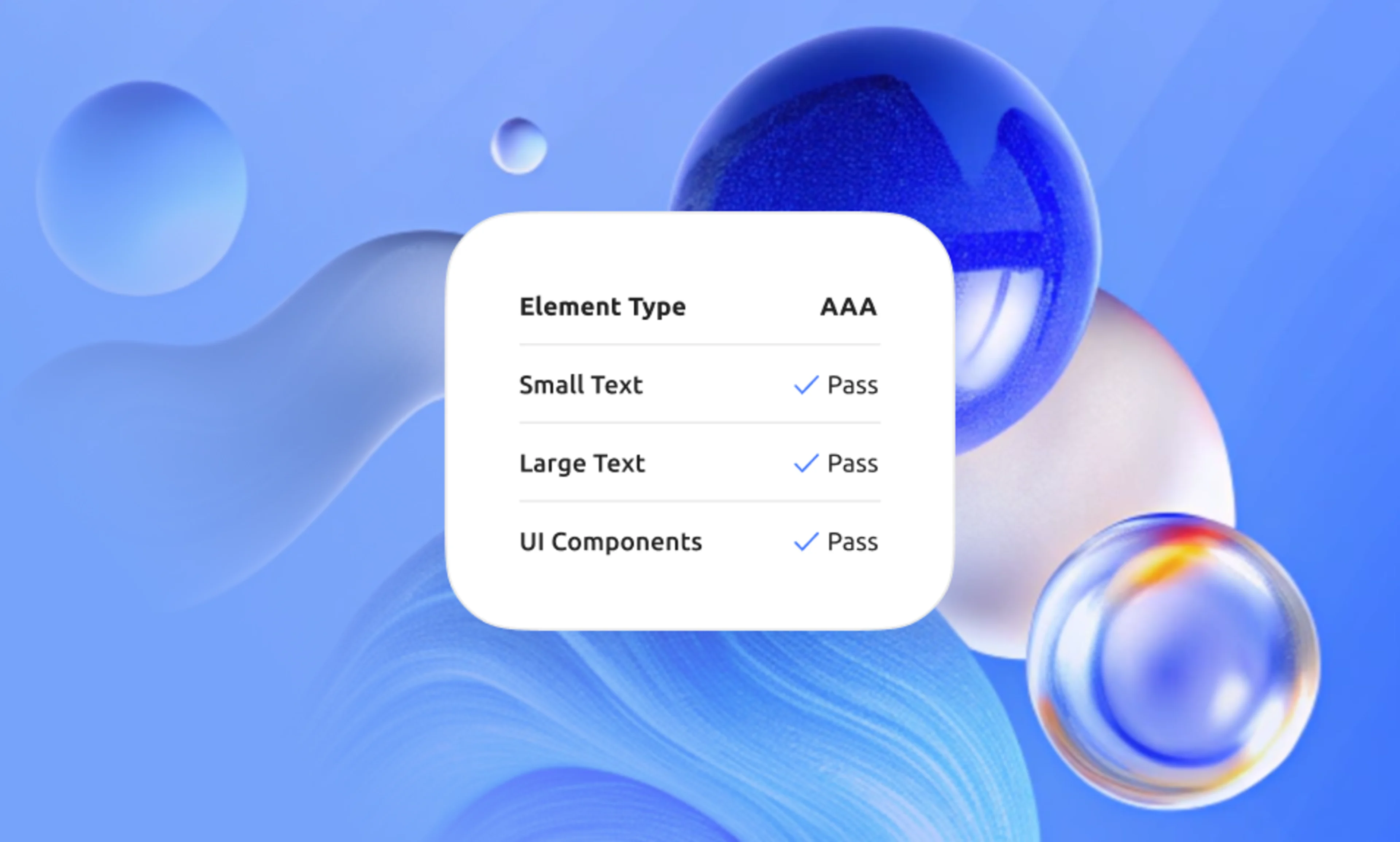
User Flows
We ensure your critical user flows and dynamic content are accessible for user interactions.

Automated Tests
We provide test automation by integrating with your CI/CD tools or software development kits (SDKs).
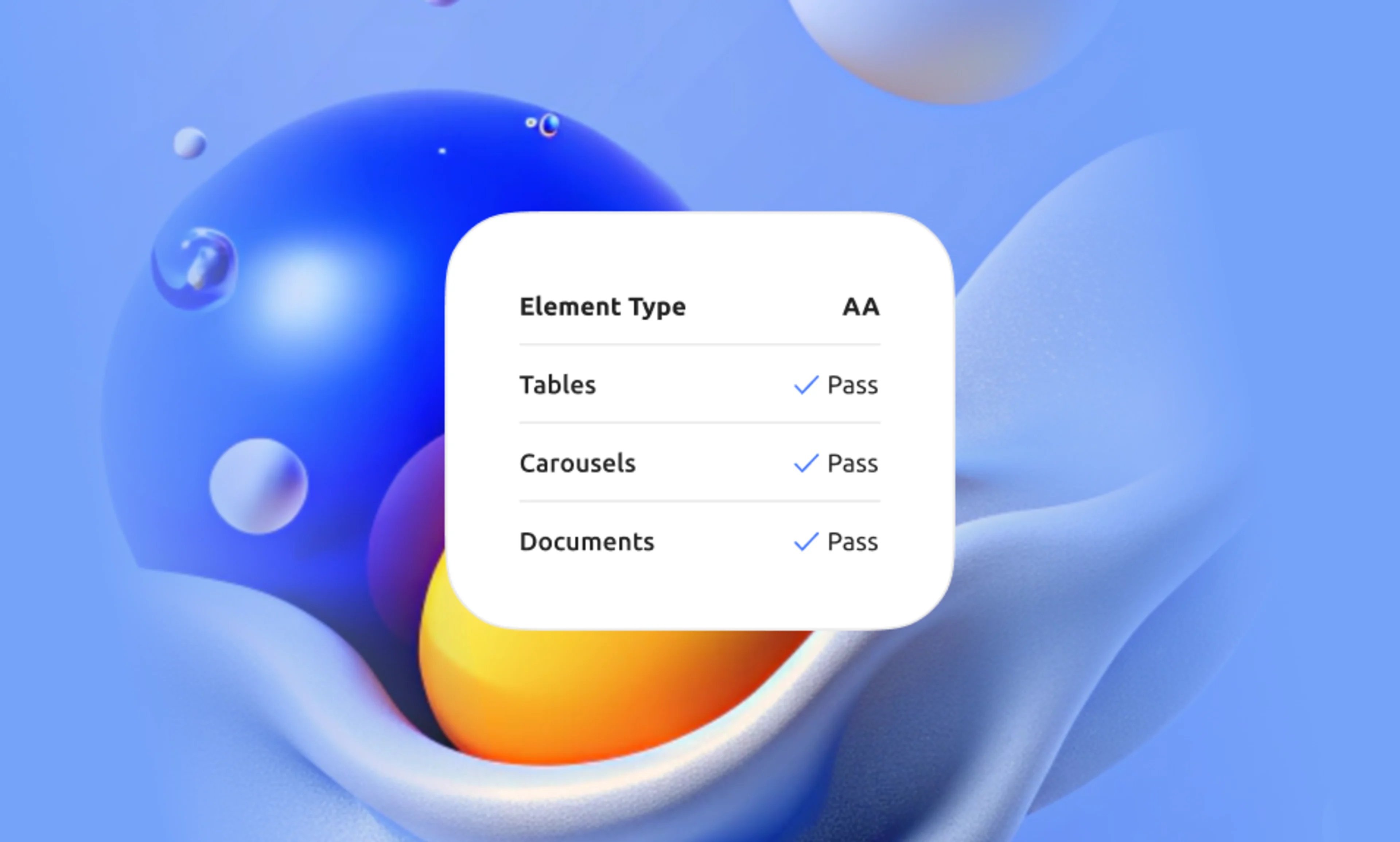
Designer Tools
We test your design components and provide accessibility feedback on designs and style guides.
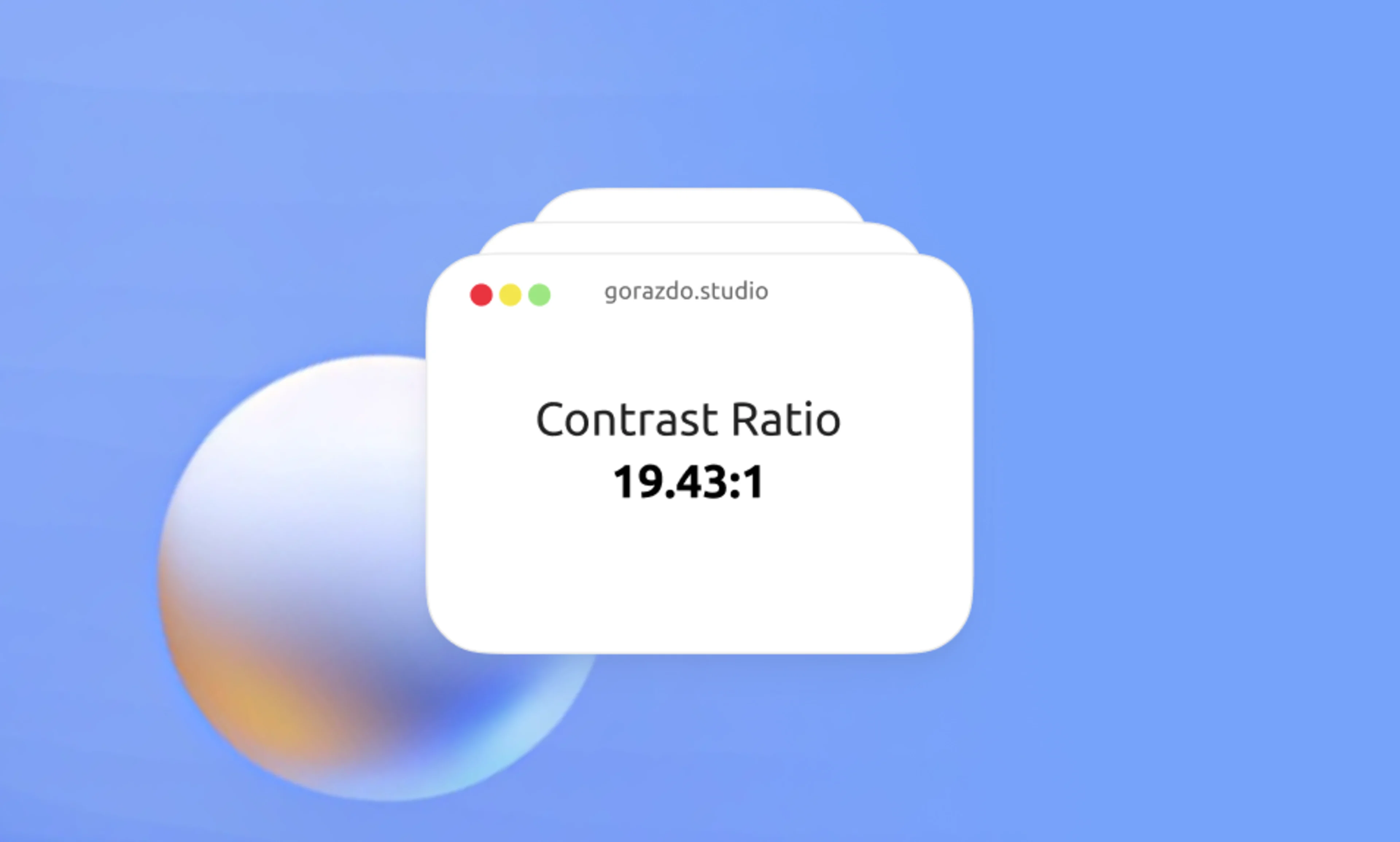
API
Check code and content for accessibility issues in any environment, and integrate accessibility into your existing toolkit.
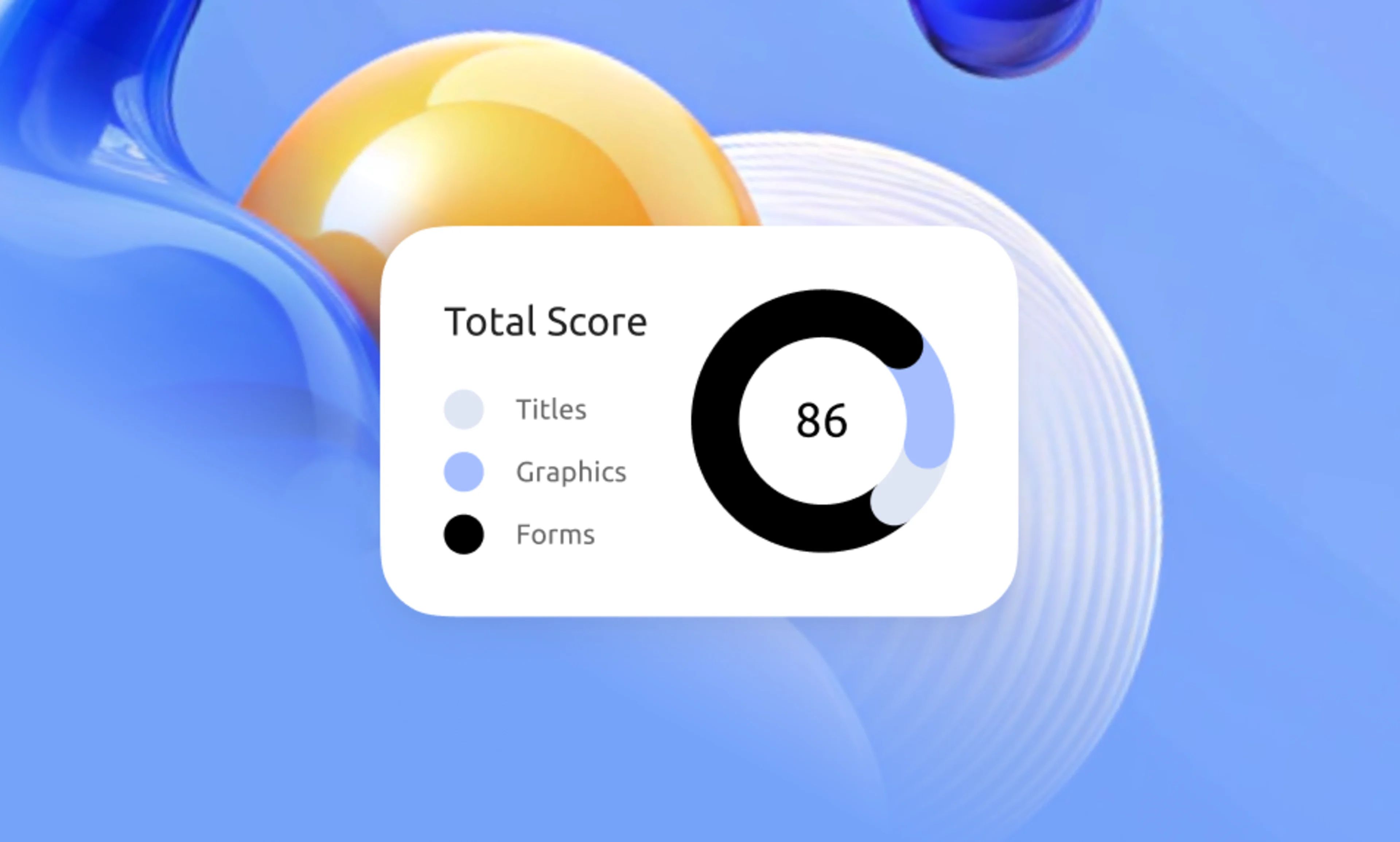
Component Testing
Fix multiple accessibility barriers across global components, increasing efficiency and accelerating improvements to users’ experience.

What services and products are covered by the Act?
The European Accessibility Act focuses on key products and services for individuals with disabilities, recognizing the different accessibility needs across EU countries.
These products and services include:
Websites
Mobile apps
Banking services
Computers and smartphones
E-commerce
Audio-visual media services
Point-of-sale devices
Air, bus, rail and waterborne passenger transport
Electronic ticketing services

Consequences of non-compliance
Each EU country will enforce the EAA through market monitoring. Organizations that do not follow the rules may face serious consequences. Penalties can vary by country, but they may include large fines of up to three million euros, removal of products or services from the market, and suspension of the right to operate.
Some products and content, like time-based media and third-party content, are exempt from EAA compliance. Please contact us for details on your organization's exceptions.
Request a free risk assessment
Our free audit will help you understand your digital accessibility health score and your current level of EAA compliance.

What is the standard for compliance with the European Accessibility Act?
The EU standard EN 301 549 serves as the presumptive conformity standard. Your products should adhere to EN 301 549 to demonstrate compliance with the EAA.
This standard currently includes Web Content Accessibility Guidelines (WCAG) 2.1 and is expected to be updated to include WCAG 2.2. As a solid starting point, organizations should aim for "AA" level compliance (covering both A and AA criteria). EN 301 549 also includes additional requirements for certain web content, software, and hardware.
Products / Services | Key Compliance Requirements |
Websites, mobile apps, e-commerce platforms | Compliance with WCAG 2.1 standards, keyboard accessibility, screen reader support, scalable text, and accessible forms. |
Banking, transportation, government procurement systems | Accessible communication options, real-time captioning, assistive technology compatibility, and universal access features. |
Video streaming, digital advertising platforms | Subtitles or closed captions for all audiovisual content, descriptive transcripts, and accessible players. |
ATMs, ticketing machines, self-service terminals | Tactile controls, text-to-speech functionality, audio output, and easy-to-navigate user interfaces. |
Help desks, online chat, technical support | Inclusive customer support options, including text and audio support for all communication channels. |
Phones, apps, and communication software | Support for relay services, text-to-speech features, and compatibility with assistive devices. |
Frequently Asked Questions
What is the deadline for achieving EAA compliance?
From June 28, 2025, all products and services offered must be compliant.
Digital accessibility is an ongoing commitment, not just a checklist. Organizations should start preparing now to ensure their offerings are accessible by June 2025. Contact our team for help with planning.
Which countries does the EAA apply to?
The European Accessibility Act (EAA) applies to all economic providers, whether public or private, that offer products or services in the European Union (EU). This means that organizations located outside the EU must also comply with the EAA's accessibility guidelines when doing business within the EU market.
Are any organizations exempt from the EAA?
The EAA does not apply to organizations that have fewer than 10 employees and an annual turnover of less than two million euros. Additionally, products and services may be exempt if complying with the regulations would create an "undue burden," meaning it would significantly alter the nature of those products or services.
Are there penalties for non-compliance with the EAA?
Businesses that fail to comply with the EAA may face legal penalties, including fines and restrictions on their ability to sell products or services in the EU market.
How can my organization prepare for EAA compliance?
To achieve EAA compliance, businesses should conduct accessibility audits, implement any required changes to their products and services, and provide training to employees on accessibility standards.
How can I check the compliance of my website by myself?
You can check your website’s compliance by using automated tools like WAVE or Axe to identify accessibility issues. Additionally, compare your site against WCAG 2.1 standards, focusing on areas like text alternatives, keyboard navigation, and screen reader compatibility. For a deeper review, book a call with our experts for a professional audit.
Secure Your Website’s Compliance
Secure Your Website’s Compliance
Explore Our Services

We Create Website Masterpieces
With Next.js we create scalable, server-rendered websites that are optimized for SEO and performance out of the box.
Read more
Case Studies: A Deep Dive into Headless CMS
Exploring Headless CMS through CardioHealth & Gorazdo Studio case studies, we unveil its benefits: streamlined content management, efficiency, and scalability. These insights offer best practices for tech agility and strategic digital presence.
Read more